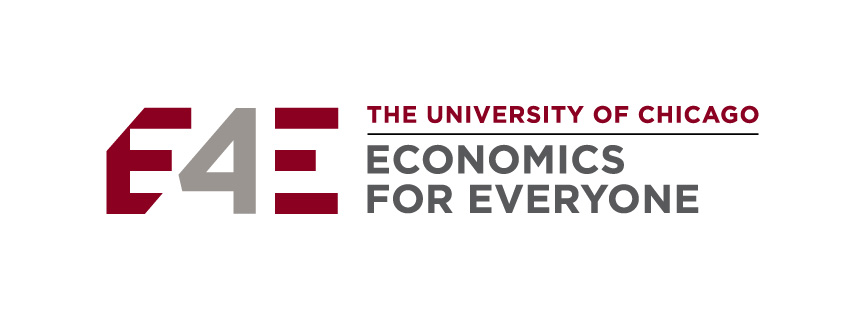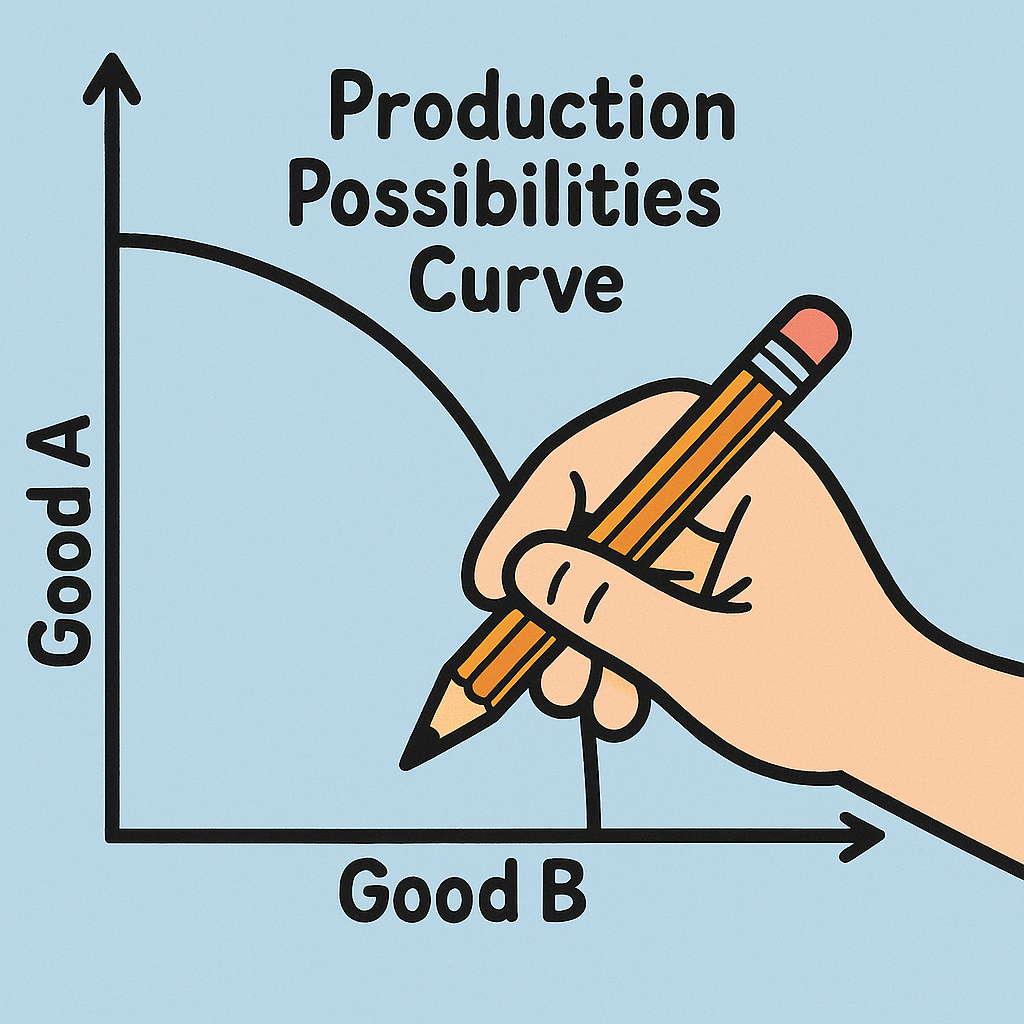
Grades 6-8
Mario's Choice - Decision Making and Opportunity Cost
In this middle school lesson, students use decision-making skills to solve a scarcity problem and then write their own stories...
Key Concepts: Basic Economic Concepts, Buying Goods and Services, Decision Making…





